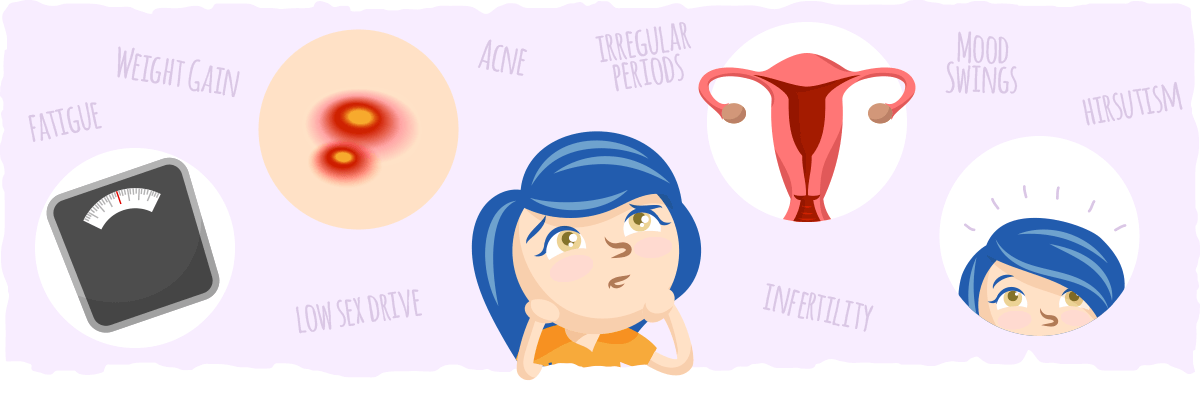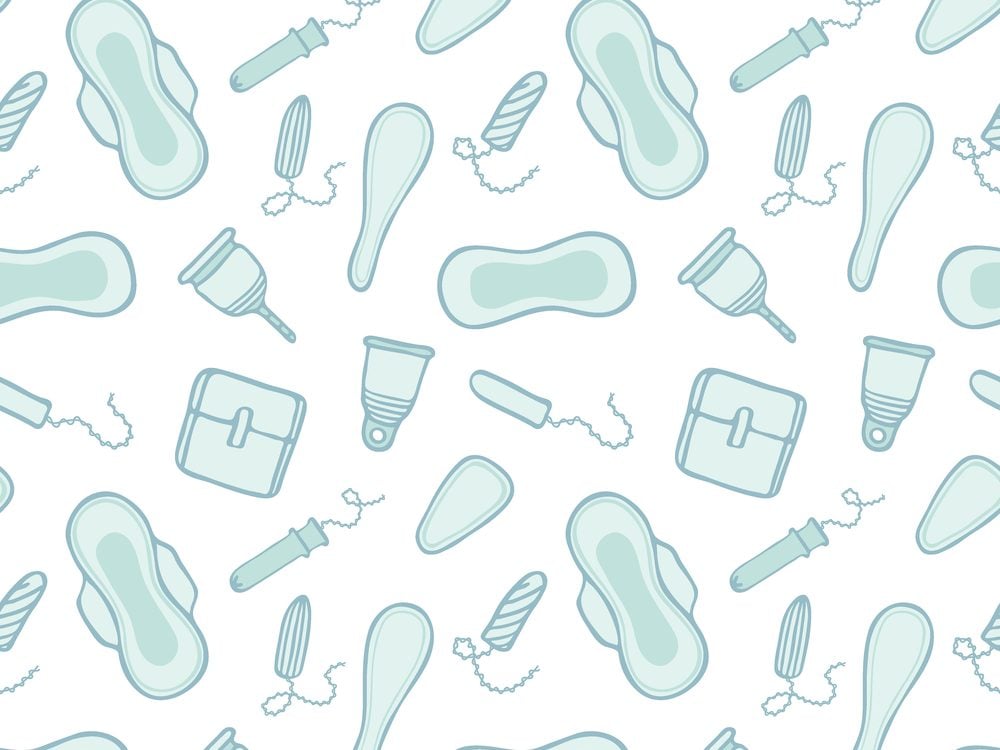There are certain medical condition that demand a lifestyle change and once diagnosed, you’re more curious to learn as much as you can about it. Polycystic ovarian syndrome (PCOS), is one such medical condition.
Women of reproductive age can develop PCOS at any point of time in their lives- there is no specific age or timeline for it. But early diagnosis and treatment, along with gradual weight loss can prevent it from aggravating and causing serious health issues such as type 2 diabetes or cardiac disease.
What is PCOS?
Polycystic ovary syndrome (PCOS) is a hormonal and metabolism that is more common in women of reproductive age, and affects their health adversely. Women suffering from PCOS experience irregular or prolonged menstrual periods. They can, but not always, experience increased androgen (male hormone) levels. The ovaries, responsible for reproduction in females often develops fluid collection (follicles) and are unable to release an egg.
The symptoms for the condition can include acne, excessive and sudden weight gain, irregular menstrual cycle, thinning hair etc.

Symptoms
Even though there is no specific time limit or age for PCOS, early signs and symptoms start during the time of first menstrual cycle,also known as puberty. Often time PCOS develops at a later stage such as late 20s or early 30s, and one of the major reasons for that is substantial weight gain.
If you have experienced at least two of these signs, you maybe diagnosed with PCOS:
Irregular periods
Some females often experience periods twice in a month, some don’t have them for 2 to 4 months in a row while some experience more them for over 10 days at once in a month. Infrequent, irregular or prolonged menstrual cycles are the most common sign of PCOS. Abnormally heavy periods is also a sign of PCOS.
Polycystic ovaries
If your ovaries are enlarged, this mostly means they contain fluid or follicles and this in turn means ovaries failing to fertilize the egg.
Excess androgen levels
If you suddenly experience severe acne, or excess facial and body hair, it depicts that you may have elevated levels of androgen. Male pattern baldness is also one of the symptoms.
Myths about PCOS
Myth 1- You Can Get Rid of PCOS If you Lose Weight
Unfortunately, PCOS has no cure, however overweight and obese women can control their levels of hormone by doing low resistance workout to gradually shed weight. A wide range of treatment options are available to help prevent potential problems.

Lifestyle changes, such as healthy eating, regular exercise,Dairy free and gluten free diet also help with controlling PCOS. This improve the way your body uses insulin and, hence, regulates hormone levels.
Birth control pills regulate the menstrual cycle and reduce androgen levels and is thus a good treatment option, if you don’t plan on getting pregnant.
Myth 2- PCOS is an Uncommon Condition
Research shows that five to 10 percent of women in the U.S. of reproductive age experience PCOS. This calculates to over 5 million women, making it one of the most common hormonal endocrine disorders among women of reproductive age-so yes Myth# 2 proves to be wrong.

According to the PCOS Foundation, less than 50% of women with PCOS are correctly diagnosed correctly, so millions of women are unaware of their condition, even if they have PCOS.
Females Can’t Get Pregnant if they Have PCOS
Every one’s body reacts and functions differently and therefore this myth is not true for everyone. Talk to your doctor about fertility treatment. Most of the women who have PCOS are unable to ovulate, therefore taking medicines that stimulate ovulation is a good treatment option.

Assisted reproductive technologies such as vitro fertilization, are other fertility treatments for women with PCOS.
Causes
As mentioned earlier, the exact causes of PCOS have not been determined yet but the factors mentioned below play a major role;
1. Genetic
There is research proving that that PCOS might be hereditary and certain genes may be linked to PCOS.
2. Elevated level of androgen
The ovaries start producing abnormally increased levels of androgen- male hormones, resulting in acne and hirsutism .
3. Low-grade inflammation
Low grade inflammation is when white blood cells production substances to fight infections in the body.
Research has proven that females who have PCOS have this inflammation that stimulates ovaries to produce excessive androgens leading to blood vessel and heart problems.
4. Elevated Insulin levels
The hormone produced in the pancreas which permits cells to use sugar is insulin. Sugar is the primary energy supply of a human’s body.
When cells becomes resistant insulin, it leads to an increased level of blood sugar levels leading to body producing more insulin. Excess production of insulin can increased production of androgen hindering the process of ovulation and thus- fertility in women.
Was this article useful? Share thoughts in comments below.
Stay tuned for more articles and updates!
